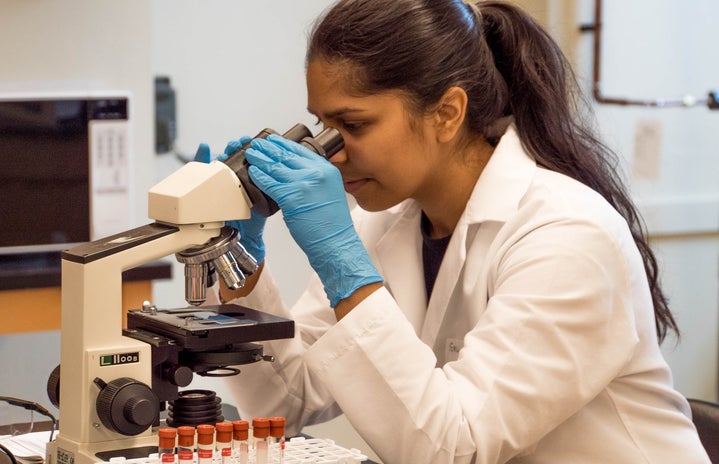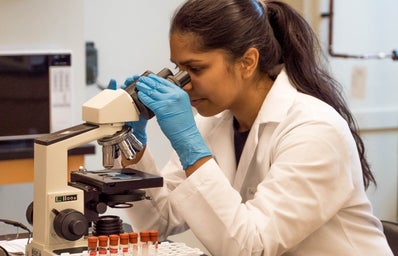Women interested in science have traditionally faced a long road to victory. However, not even systemic bias, limited opportunities, and blatant discrimination have stopped great female minds from achieving incredible scientific feats throughout history — yet too many people have never heard of their success. Thus, here are the five most influential, overlooked women in science you need to know about.
- Mollie Orshansky, 1915-2006
-
Known as “Ms. Poverty,” Mollie Orshansky was an American food economist and statistician who pioneered modern poverty standards. Born in 1915, to Ukrainian immigrants, Orshansky worked to become the first high school graduate in her family and went on to graduate from Hunter College with an A.B. in mathematics and statistics. Following an increase in the cost of living after WWII, Orshansky worked with various government agencies to calculate the price of a nutritionally adequate diet for the American family. These calculations became the basis for the federal government’s statistical definition of poverty, guidelines still in use to measure the impact of policies on poor populations.
- Dr. Dorothy Celeste Boulding Ferebee, 1898-1980
-
Dr. Dorothy Celeste Boulding Ferebee was an African-American physician who worked to make healthcare more equitable for black communities during the Great Depression. Though she graduated at the top of her class at Tufts University, Dr. Ferebee faced racism and prejudice in white hospitals. Thus, in 1925, Ferebee established a Southeast Neighborhood Society to provide healthcare to impoverished and rural black communities on Capitol Hill. Dr. Ferebee’s medical work continued throughout the Great Depression when the community’s poorest members were especially devastated.
- Eunice Foote, 1819-1888
-
Eunice Foote was an American climate scientist and suffragist known for discovering the impact of greenhouse gases on the environment. Born in 1819, Foote developed an interest in environmental science at Troy Female Seminary School. In the 1850s, she designed a series of experiments that proved the sun’s rays are warmest when passing through carbon dioxide — a cornerstone of the “greenhouse effect.” Though Foote’s findings were largely overlooked at the time, her research set the stage for climate activists around the globe.
- Ada Lovelace, 1815-1852
-
Ada Lovelace was an English mathematician known for constructing the world’s first computer program. Though she had no access to formal education, Lovelace sought information about mathematical concepts from various tutors across England. Throughout the 1830s, Lovelace used her knowledge of math and technology to collaborate with inventor Charles Babbage and design the first computer program intended for an analytical machine. Though Lovelace wouldn’t live to see her work come to fruition, she earned the title of “world’s first computer programmer.”
- Alice Ball, 1892-1916
-
Alice Ball was an African-American chemist who developed a way to treat leprosy, a highly deadly disease. At 23, Ball became the first black and first female chemistry professor at the University of Hawai’i. During her tenure, Ball discovered a way to transform chaulmoogra oil into an injectable remedy for leprosy — a disease that had previously been a death sentence for those affected. Though Ball died in a tragic lab accident before she could publish her findings, her associates continued her work, successfully lengthening the lifespans and quality of life of countless leprosy patients.


